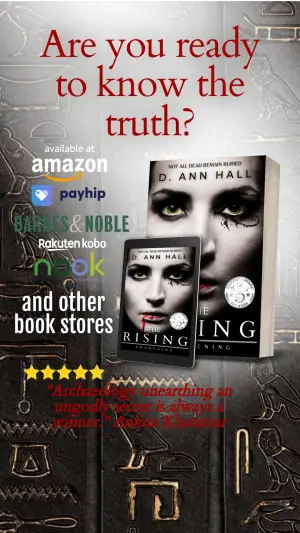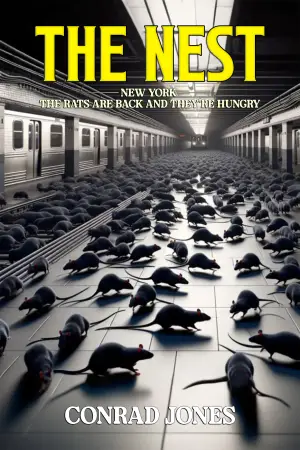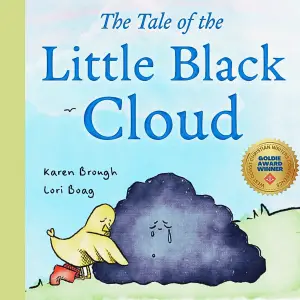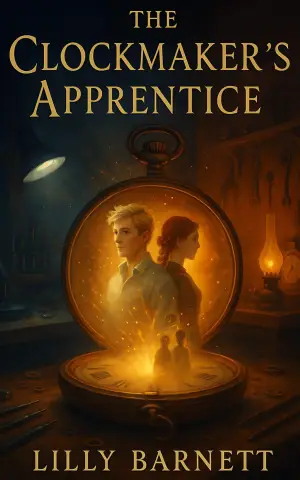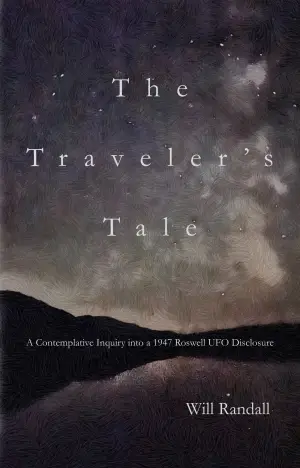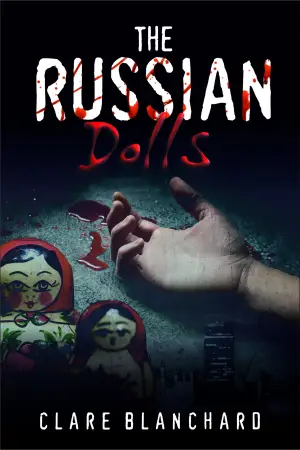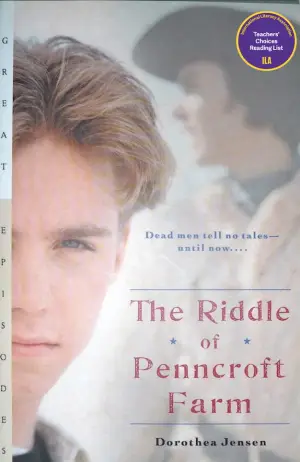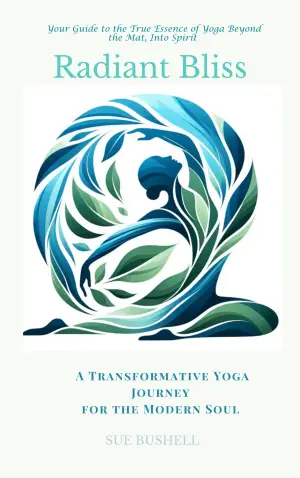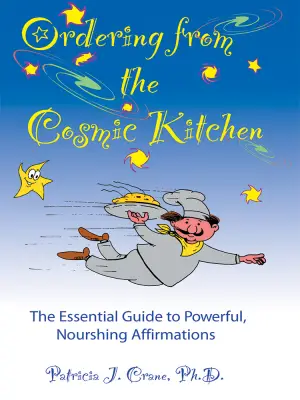Unlocking Gods and Libraries: A Dive into The Library at Mount Char
When I first picked up The Library at Mount Char by Scott Hawkins, I was immediately intrigued by the enigmatic premise of a library housing the secrets of the universe and a peculiar cast of characters raised by a figure they refer to as Father, who might just be a god. It was like the book was whispering promises of a wild, surreal journey—one that would challenge not just the characters, but my own understanding of humanity and divinity. I wasn’t prepared for the whirlwind emotional ride this novel would take me on.
At its core, The Library at Mount Char tells the story of Carolyn and her siblings, each raised in the shadow of a tyrannical figure who imbued them with extraordinary powers while simultaneously distorting their humanity. During the early pages, I was struck by the juxtaposition of dark themes with moments of absurd humor. Carolyn’s journey is one of reclamation—not just of knowledge and power, but of what it means to be human amidst god-like responsibilities. As she navigates her family’s complex dynamics and a world lurking in chaotic shadows, I found myself rooting for her fiercely.
Hawkins’ writing style is both vivid and surprising, employing a non-linear narrative that requires you to adjust your reading glasses constantly—one minute you’re in a modern-day café, the next you’re confronting deity-level philosophical dilemmas. Some readers might initially find this approach a bit jarring, and I’ll admit that I waded through the first act carefully, but it was ultimately rewarding. The layers of storytelling revealed themselves like the many books in Father’s Library, each corner turning unexpectedly; I was captivated, gasping or chuckling in equal measure as the plot twisted itself into knots.
The comedic undertones often danced right next to the horrifying elements, creating a captivating narrative that I couldn’t put down. The dialogues are sharp, filled with wit that underscores the peculiar reality Hawkins has crafted. I particularly loved Carolyn’s exchange with her brothers; it drips with both familiarity and discomfort, capturing the essence of their unnatural upbringing. In one memorable scene, the characters laugh about almost everything—dark humor gliding right through moments of chaos and violence. It was this unique balance that made certain passages stand out to me.
Hawkins brilliantly explores themes of power, identity, and the innate struggle against one’s upbringing and destiny. As Carolyn grapples with the question of what it means to claim power without sacrificing her humanity, I found myself reflecting deeply on the parallels in our own lives—an insightful exploration of choice, agency, and familial bonds that stretch beyond the conventional. While the violent scenes may be extreme, they serve a purpose in the narrative, adding weight to the themes rather than detracting from them.
The Library at Mount Char is certainly not for everyone. Those who flinch at graphic violence or complex timelines may find it challenging. However, for readers seeking a fantasy that mingles the grotesque with keen introspection, this book is an absolute must. It’s a literary treasure that showcases Hawkins as a unique voice in modern fantasy—a voice that I hope will echo for years to come.
If you’re on the hunt for a story that blends humor with dark explorations of deity, power, and what it means to be human, The Library at Mount Char promises a deeply engaging reading experience. I walked away from it not just entertained, but challenged and enriched—a rare combination that places it lovingly among my favorite reads. So grab your own copy, settle in, and prepare to get lost within its pages—you may just discover your own truths along the way.


